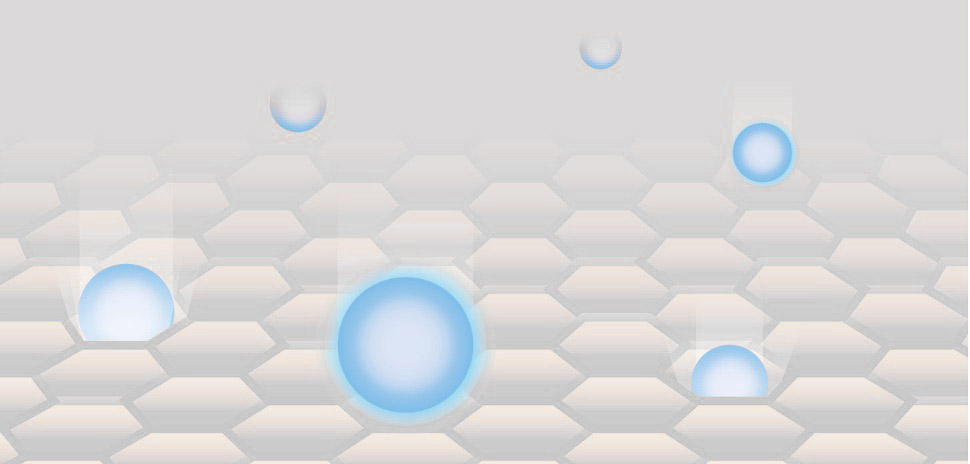The University of North Texas Health Science Center is welcoming a biotech company that will make Fort Worth a home and a place to grow.
CAGE Bio Inc. is a clinical-stage company that uses a proprietary drug-delivery platform to develop products for dermatology, inflammation, and immunology. The privately-held company—currently a resident at Johnson & Johnson Innovation, JLABS@MBC—will operate out of laboratory space on HSC’s campus.
Using HSC resources, CAGE Bio intends to further its mission to make “highly effective topical products for localized treatment while minimizing the side effects from systemic exposure.”
Robert McClain, associate vice president of Research & Innovation at HSC, said the center is excited to support the emerging company, and it looks forward to future collaborations. CAGE Bio plans to explore research partnerships and student engagement opportunities from its new base in Fort Worth.
The rapidly growing biotech ecosystem in Dallas-Fort Worth made it an obvious move, according to CAGE Bio CEO Nitin Joshi.
“The caliber of scientific professionals and academic institutions coupled with the entrepreneurial spirit of the DFW area is a huge attraction to us,” he said. “HSC offers the perfect launchpad for companies such as ours to establish and grow.”
The CAGE Bio announcement is the latest move in HSC’s efforts to promote innovation and entrepreneurship.
HSC has been busy—it launched the Innovate Fort Worth podcast, teamed up with Bios Partners to create an Entrepreneur-in-Residence program, and helped restart Global Entrepreneurship Week in Fort Worth. It was also recently recognized for “being more productive at impacting the economy and society through innovation than any other U.S. medical school” by the George W. Bush Institute and Opus Faveo Innovation Development.
Within the center, experts have developed and licensed new technologies that could potentially alter treatment for some of the most pressing health issues.
HSC exclusively licensed tech to Fort Worth-based Cx Precision Medicine, Inc. that uses a blood-test based biomarker to screen elderly patients in a primary care setting, which could detect Alzheimer’s Disease or early cognitive loss.
It also licensed cancer drug treatment technology that uses nanoparticles to specifically target cancer cells and spare healthy cells. The method could restore vision to patients with macular degeneration through the engineering of a patient’s own skin cells into photoreceptor-like cells that can be transplanted into the retina, according to HSC.
What CAGE Bio does is on-par with what already exists at HSC.
The company describes its unique technology as one that “exhibits broad spectrum antimicrobial action in addition to exceptional capabilities to carry drugs across the human skin barrier, including the ability to deliver proteins (e.g., insulin) and charged macromolecules (e.g., siRNA).”
The tech was licensed from the University of California, Santa Barbara.
“Ionic liquids are an emerging class of materials that can solve some of the previously unsolved problems in medicine,” Prof. Samir Mitragotri, a CAGE Bio co-founder and scientist in drug delivery science and technology, said in a statement. “Their tunability and scalability make them particularly appealing as novel therapeutic substances.”
Mitragotri, inventor of the ionic liquid technology, founded the company in 2018 with two other scientists who have extensive biotech and startup experience.
CEO Nitin Joshi previously co-founded Incline Therapeutics, which was later acquired by The Medicines Company. Ravi Srinivasan, chairman of the Board, is also the founder of North Texas biotech OncoNano.
![]()
Get on the list.
Dallas Innovates, every day.
Sign up to keep your eye on what’s new and next in Dallas-Fort Worth, every day.





























